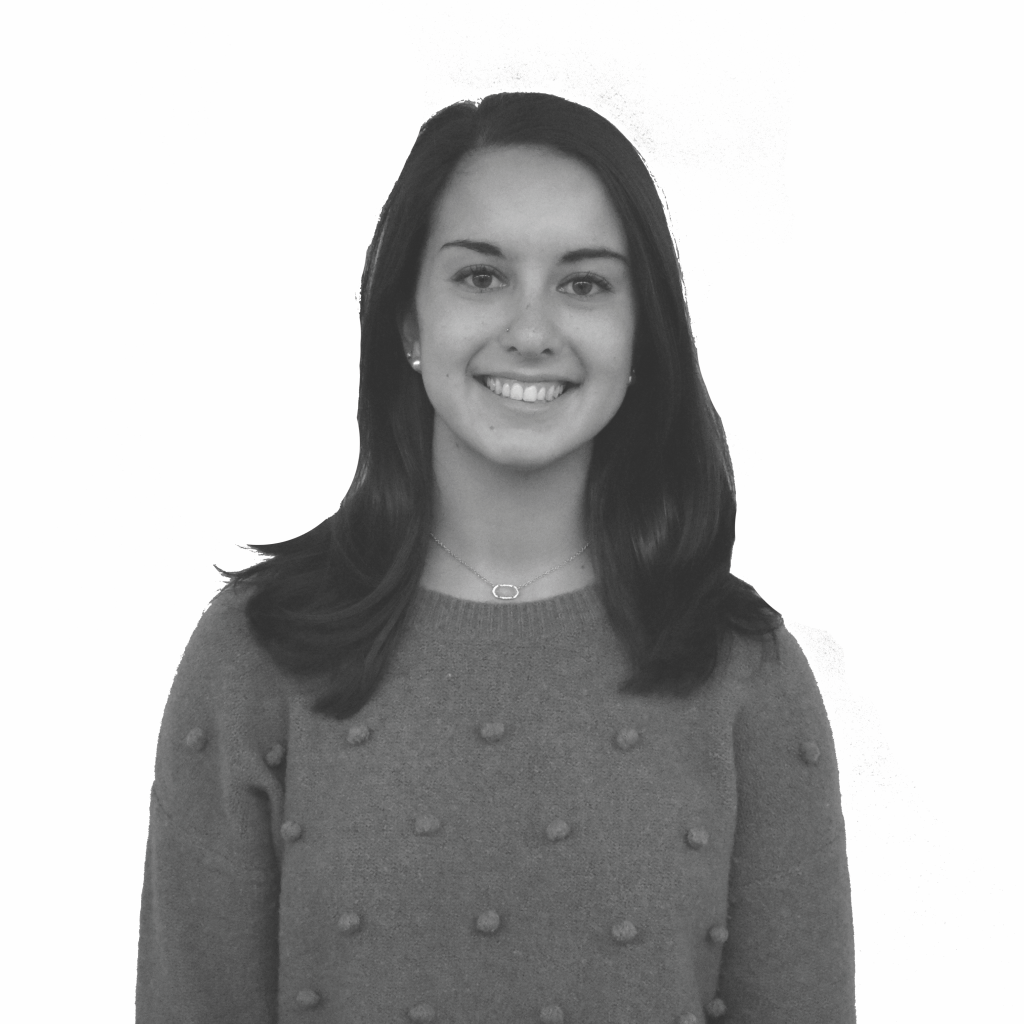How do you answer the question, “Where are you from?”
It is a question that pervades our daily lives and one we are expected to readily answer. We plaster that answer on our New Student Orientation nametags, deploy it as the next piece of information we share after our name, school and year and marvel at how, despite our diverse answers, we all ended up in the same place.
I envy the ease one friend has in answering this question. She is Bostonian — born, raised and lived in the same place and home that she has for the past 21 years. Another friend, born in Albany, N.Y., has also lived in India, Dubai, Singapore and London but identifies as Egyptian. So where is she from?
In 2014, writer Taiye Selasi spoke at TEDGlobal about the importance of locality. She advocated a shift from associating identity and culture with where we are “from” to where we are “local.”
Selasi cites examples of a friend born in Argentina but whose family is German. He studied in Buenos Aires but eventually moved to Berlin. He has the blonde hair and blue eyes of a German but holds an Argentine passport and needs a visa to live in Berlin. Based on this experience, Selasi realized that, “All experience is local, but all identity is experience.”
In the field of cultural psychology, studies show that people with multicultural backgrounds handle their identities in different patterns. One of these ways, frame-switching, suggests that people move back and forth between identities depending on the context.
Participants in the studies claim that they personify the part of their identity that the context yields to fit with the “in-group.” For example, some people criticized how President Barack Obama talks in a different way to black audiences than he does to white ones.
The complexity of the relationship between where we are from and who we are is a personal debate, rooted issue. Answering that classic getting-to-know-you question comes with the risk of the implicit assumptions that follow. My Indian father would say he is from Buffalo, N.Y., which often prompts the follow-up: “But where are you really from?”
College campuses are a unique microcosm of the multiculturalism represented by the United States. Colleges strive for diversity — showcasing pride in their representation from all 50 states and even the staggering number of international students.
But all too often, these become the standard of identification. We all have our ideas of what being from a certain place could suggest about a person.
I have lived in Chicago, Dallas, Ridgefield, Conn., Washington, D.C., Buenos Aires and soon London. I have spent the longest time living in Dallas, so that is the short and easy answer to which I default. More often than not, I am bombarded with questions about my gun ownership, my opinions on sweet tea, my possession of cowgirl boots, or the quality of Southern barbecue.
Selasi proposes that when approached with these questions, we ask: What are we really seeking when we ask this question, and what answer are we looking for? We relate location to power, social status, race or culturally conditioned beliefs. We have created “in-groups,” compelling individuals to fragment their identities to fit our expectations.
This phenomenon has reached an extent to where we draw conclusions about human character based on where we “come from.” As much as diversity of origin matters in broadening perspectives, we cannot fully appreciate these aspects if we revert to stereotypes and single stories. Humans are complex with homes all around the world. Let us take the time to get to know them and shed the guise of what we thought we knew.
Caitlin Karna is a junior in the School of Foreign Service. Unmasked appears every other Friday.




















